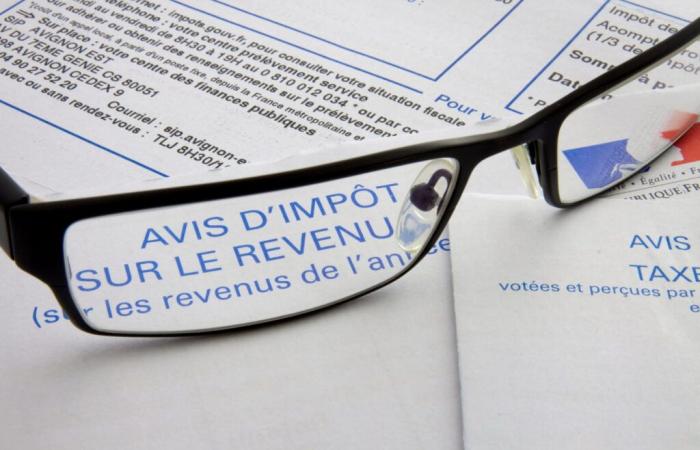In spring 2025, around 40 million tax households will be asked to declare their income received during this year 2024. A declaration which will allow the tax authorities to calculate the amount of their 2025 tax. For the minority of taxable French people, at least. Because for others, no tax will be claimed from them by the tax administration, their income being below the tax thresholds.
Indeed, of the nearly 40 million reporting households, only 18 million of them had to pay income tax in recent years. A rate which is not expected to increase in 2025, since the new income tax scale contained in the finance bill for 2025 has been revalued, with an increase of 2%. This increase thus mechanically led to an increase in the income thresholds from which a taxpayer pays IR.
Among these French people who will not be taxable next year will be several million retirees. Overall, these are those with low or medium pensions and who, moreover, do not receive significant additional income, such as property income for example. To know whether or not he will be taxable next year, a retiree who finds himself in this situation must more precisely compare his net taxable income from last year to the threshold from which a tax household becomes taxable.
These tax thresholds were mechanically increased with the increase in the IR scale provided for in the finance bill for 2025. According to the calculations carried out by Droit-Finances based on the amounts provided for in the new scale, a retiree living alone (a tax share) will only be taxable in 2025 if their net taxable income received in 2024 reaches €17,084. For a retired couple (two tax shares), the tax threshold is set at €32,258. Below these thresholds, retired taxpayers will therefore be exempt from income tax.
Important clarification: a slight excess of income compared to the thresholds above does not necessarily mean that a taxpayer will have to pay income tax next year. In fact, the amounts indicated do not include potential reductions or tax credits from which a retiree may benefit. It is therefore possible that a retiree who has incurred expenses giving entitlement to tax advantages in 2024 may owe nothing to taxes in 2025. We are thinking, for example, of the tax reduction for donations or the tax credit for the employment of an employee at home. But be careful: to benefit from these measures, expenses must be incurred before December 31.
Finally, note that retirees whose only income is their pension will, in principle, be exempt from declaration in spring 2025 since the tax authorities already know the amount of their annual income. They will therefore simply have to check their automatic declaration to ensure that the known tax amounts are the correct ones.






